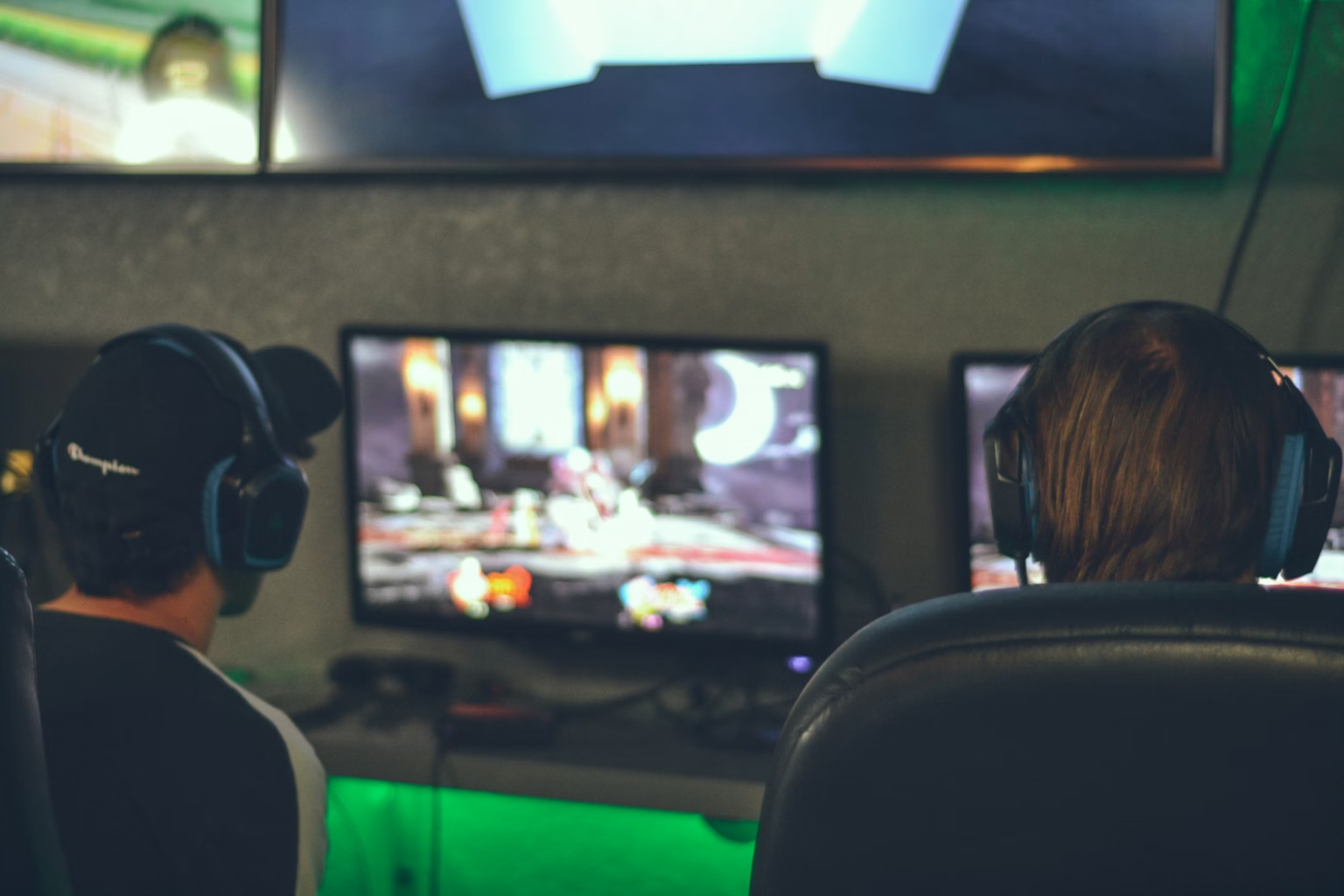Besides graphics, a game’s soundtrack is what often comes to mind when we think of video games. While the soundtrack may not be as showy as the graphics, when it’s good, it has a way of staying with us long after we’ve finished the game. A game’s music can tug at our heartstrings, making us feel things as we progress through a title that we wouldn’t otherwise feel if we were playing without the musical accompaniment.
Even if we’re not aware of it at the time, music is a powerful force in a game and can make or break our experience. We’re not just talking about music in epic open-world games like Zelda; even music in a casual game like Tetris can have a profound impact on the gaming experience. The music can inform everything from how we react in a game to the relationships we build with its characters. Here, we explain how.
The Science Behind Music and Emotion
For many of us, music is an important part of our lives. That’s why, as you go about your day, you see so many people wearing headphones as they block out the world around them in favor of the tunes coming from their headsets. What many of us don’t know is why music is so important to us. However, if we look to science, we can get some answers. Although we might be unaware of it, music has an important impact on the brain and can influence our moods and how we perceive things.
Game developers know this and they use music to their advantage when making games. For example, iGaming companies want to make the online casino experience feel as real as possible and one way they do that is through careful use of music in games. When you sit down in front of your computer or pick up your phone to play slots online, you don’t spin the reels in silence. Instead, there’s a soundtrack to accompany you that complements the theme of the game you’re playing
The same thing happens in all games; whether you’re playing a fast-paced first-person shooter or a mentally taxing strategy game, music is an important part of what makes the game. If you’ve played a game like GTA5, you know that the music that comes on during a chase sequence can increase your adrenaline and make you want to get to safety as soon as possible.
How Soundtracks Set the Tone of a Game
Not all games have the same type of soundtrack because the music has to make sense for the game. Composers pay attention to the genre and storyline of a game when deciding on its musical direction and take care to establish the right atmosphere for the title. In a horror game, that often means dissonant chords and unsettling, ambient sounds that are designed to keep you on the edge of your seat as you wait with a sense of dread for what will happen next.
On the other hand, a role-playing game requires a different approach. Instead of music meant to create a sense of suspense and dread, you’ll often be treated to sweeping orchestral scores that make you want to get out and explore the game’s world. In games like Journey, the soundtrack changes as the player gets further in the game, creating a sense of connection that wouldn’t be possible if it stayed the same throughout.
Subtle Emotional Cues Through Music
If you’re not paying close attention, you might miss some of the subtleties that the best soundtracks have. These subtle cues help guide you through a game and impact how you respond on an emotional level to what’s unfolding in front of you. Adaptive music has become more common in video games, with the soundtrack changing in real time based on in-game actions and events. For example, if you approach a hidden threat in a game, the music may go from happy-go-lucky to something more ominous, alerting you to the fact that danger could be right around the corner.
To read more, Click Here
